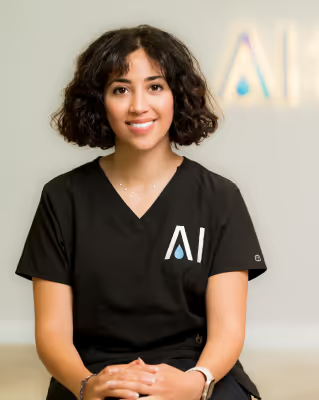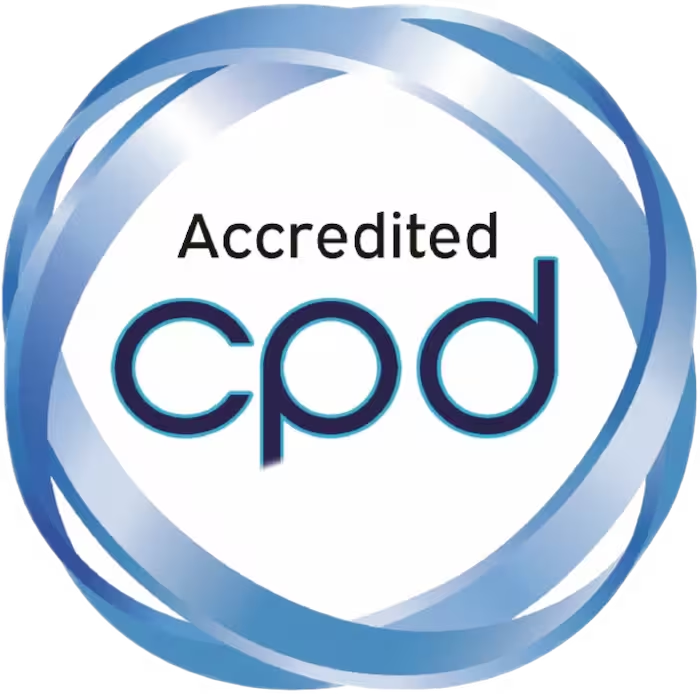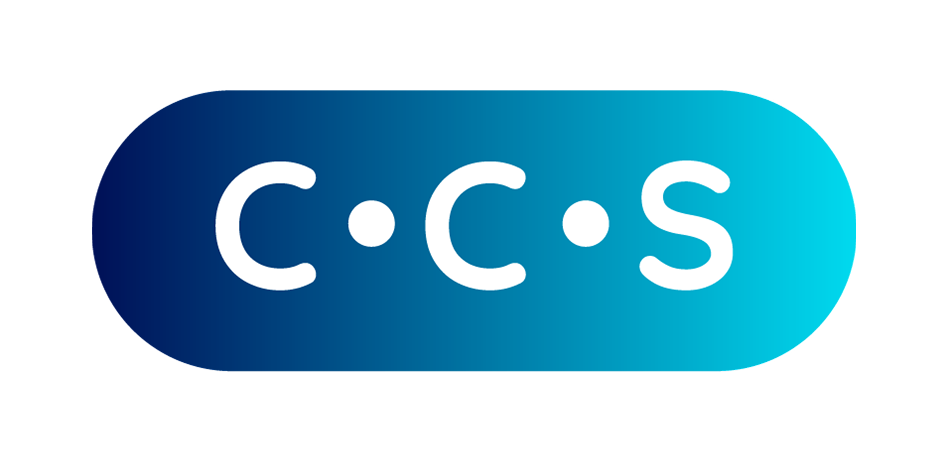
Polynucleotide treatments are among the most talked-about developments in regenerative aesthetics today. With growing demand for these biostimulatory injectables, the need for skilled, clinically trained practitioners is rising just as quickly. At our training academy, we’ve seen firsthand how these treatments can benefit the skin — and how crucial proper education is for safe, effective results.
So, how many types of polynucleotide injectable training courses are out there? More importantly, how do you choose one that’s not just available, but truly evidence-based, anatomy-led, and aligned with current clinical standards?
What Are Polynucleotides?
Polynucleotides are highly purified DNA fragments, typically derived from salmon or trout sperm — a biocompatible and well-researched source used in regenerative medicine. These DNA chains work as bio-stimulators: they activate fibroblasts, support tissue regeneration, enhance hydration, and encourage long-term collagen production.
In aesthetic medicine, they belong to the regenerative injectable category. When injected into the skin, they help restore elasticity, improve texture, and promote overall skin health. They’re particularly effective in delicate areas that are often difficult to treat, such as under the eyes, the neck, and even the scalp for hair restoration.
One of our trainees recently used polynucleotides to treat fine lines under the eye in a patient with very delicate skin. Just two sessions later, the patient had visibly smoother, more hydrated skin — a testament to how powerful these injectables can be when used correctly.
Types of Polynucleotide Training Courses Available
Training in polynucleotide injectables is still developing in the UK and internationally, and not all courses offer the same level of quality or safety.
1. Introductory Courses
Designed for beginners, these cover the fundamentals: how polynucleotides work, patient selection, and basic injection techniques. However, some entry-level courses lack depth, especially when it comes to hands-on practice or understanding anatomy. Always check the trainer’s clinical background and ask about live model experience.
2. Advanced Training
Tailored for experienced injectors, these focus on full-face rejuvenation, difficult-to-treat areas, and how to combine polynucleotides with other modalities. The best courses include in-depth anatomy, complication management, and protocols for layered treatments.
3. Brand-Specific Training
These are often run by distributors or product reps. While useful for learning product-specific protocols, they may fall short in anatomical knowledge, broader clinical application, or complication prevention.
4. Masterclasses and Fellowships
This is the gold standard — immersive, hands-on, mentor-led training using live models, with advanced anatomy education and complication protocols. Masterclasses like Non -Surgical Rhinoplasty training, Radiesse masterclass and Fellowships courses are designed to build confidence and competence across all levels of practice.
What to Look for in a High-Quality Polynucleotide Course
Choosing the right training is about more than just convenience. To practise safely and effectively, look for courses that include:
- CPD accreditation
- Trainers with deep anatomical and clinical knowledge
- Focus on complication prevention and resolution
- Live model training with 1:1 supervision
- Ongoing mentorship and post-course support
- Proven track record from the academy or training provider
Our Head Educator is a qualified Nurse Prescriber with over 15 years’ experience in injectables and a background in facial anatomy teaching, ensuring every course is grounded in clinical excellence.
Final Thoughts
As demand for regenerative injectables rises, so too does the number of courses available — but not all of them are created equal. Many offer little more than product demos or basic introductions. If you’re serious about integrating polynucleotide treatments into your practice safely and effectively, anatomy-led, complication-aware training is essential.
At our academy, we’re committed to training the next generation of safe, confident aesthetic practitioners through evidence-based education and personalised mentorship.
Interested in learning polynucleotides the right way?
Get in touch to explore our expert-led, CPD-accredited courses — designed around patient safety, clinical standards, and real-world application.






